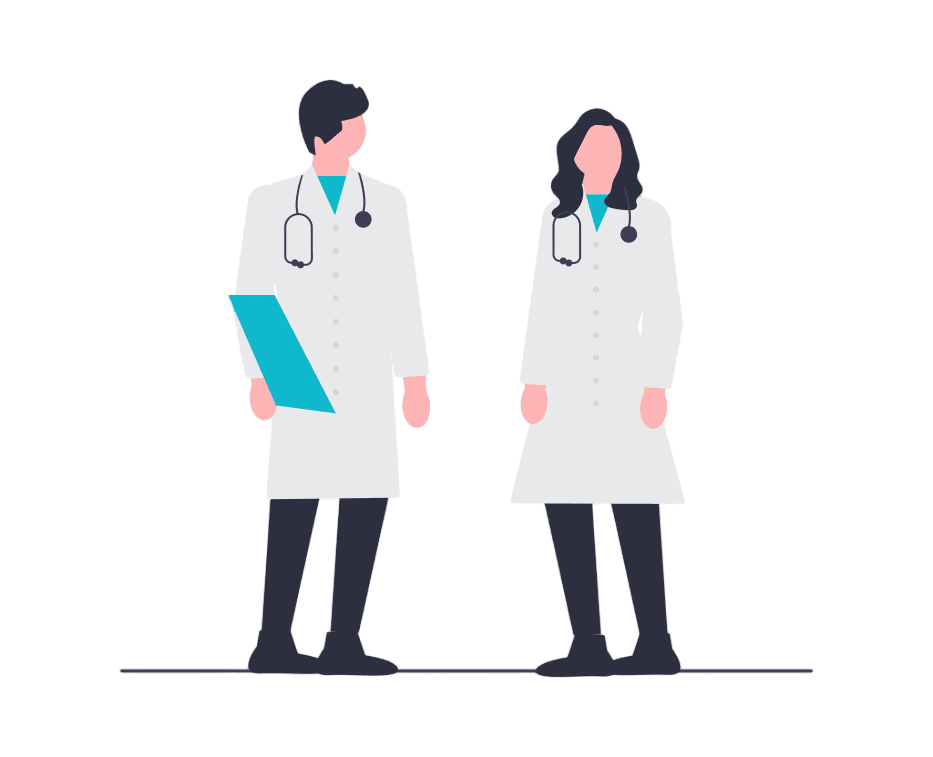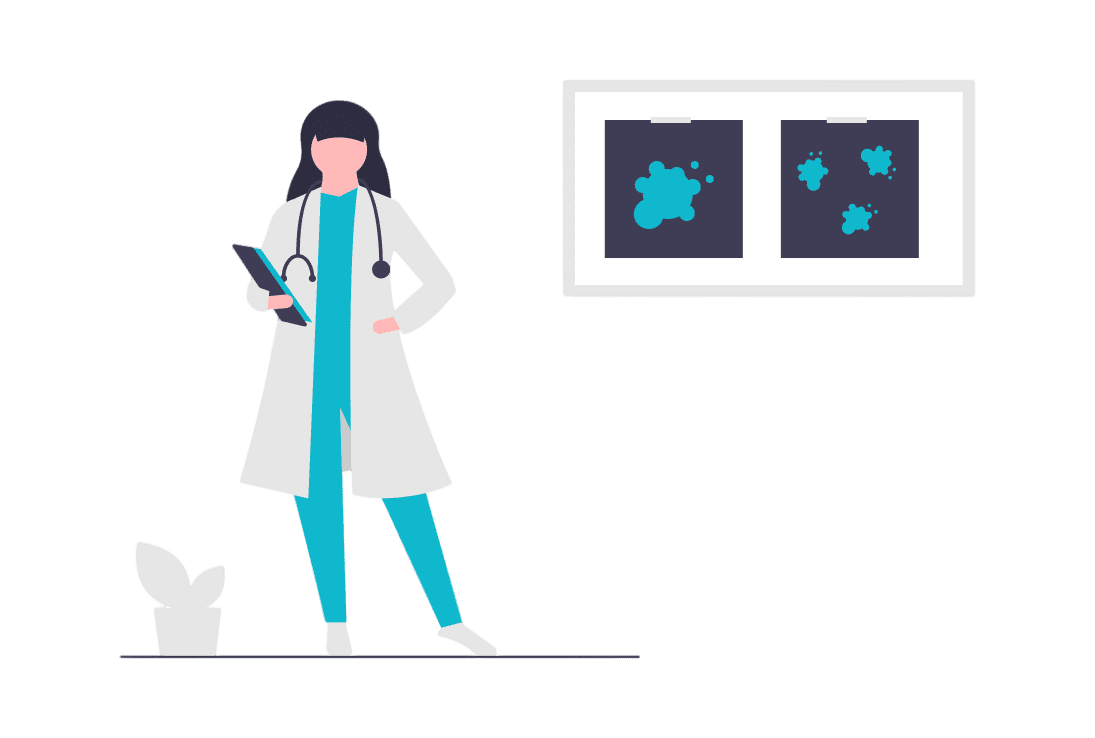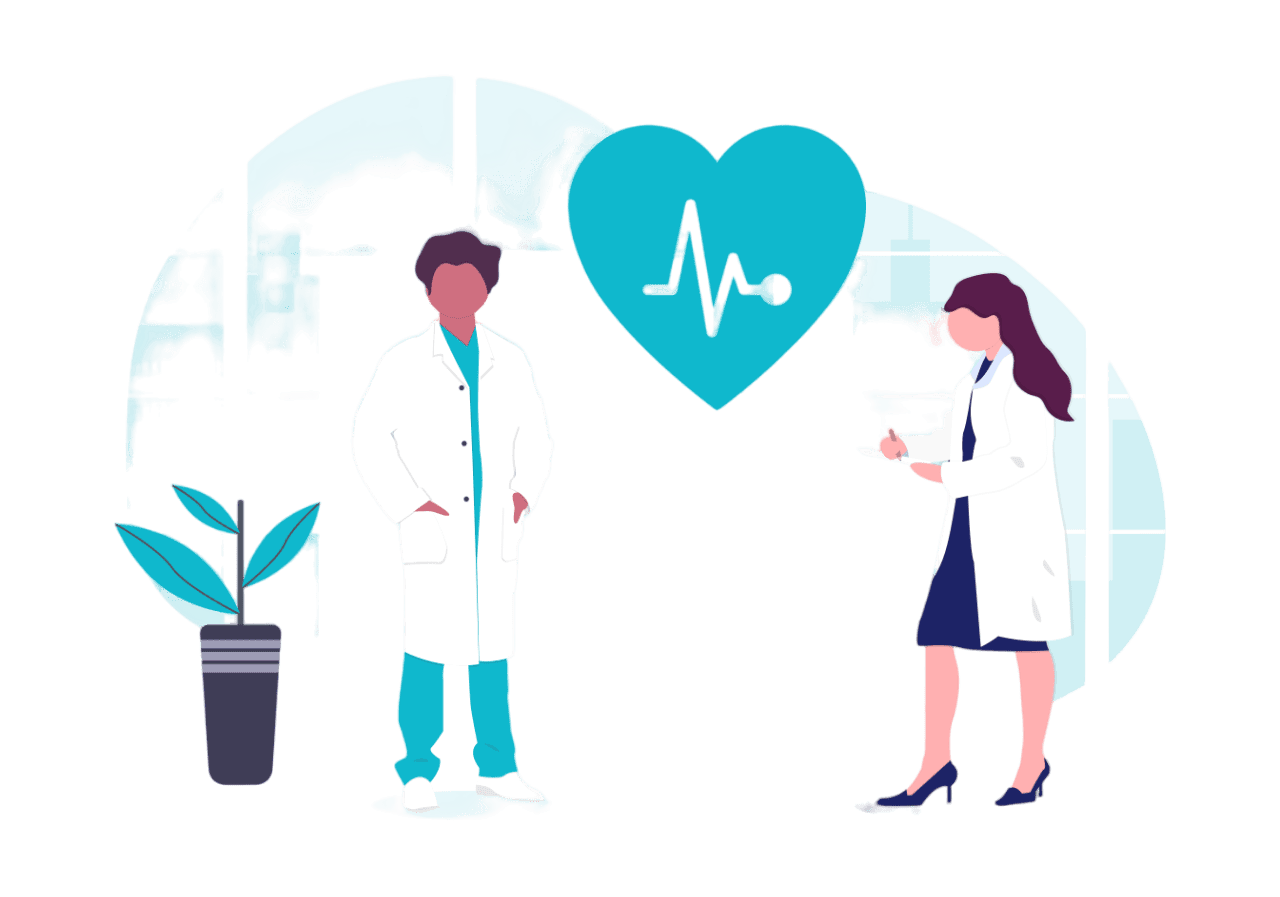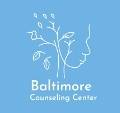demo_anxiety_therapist
- Home
- /
- demo_anxiety_therapist
Best Anxiety Therapists in Baltimore at the
Baltimore Counseling Center
Welcome to Baltimore Counseling Center
At Baltimore Counseling Center, we understand that the journey to mental wellness is profoundly personal and profoundly important. Located in the heart of Baltimore, our center is dedicated to providing the highest quality mental health services in a welcoming and supportive environment. Whether you’re struggling with anxiety, depression, relationship issues, or seeking deeper personal growth, our professional team is here to help.
Founded on the principles of compassion, integrity, and professionalism, our boutique mental health practice offers individual and couples therapy to adults. We specialize in a range of treatments tailored to meet the unique needs of each client. From traditional psychotherapy to innovative, evidence-based practices, our approach is holistic and integrative, designed to empower you to lead a healthier and more fulfilled life.
Our therapists are committed to creating a safe space where you can freely express and explore your thoughts and feelings. Here, you can step away from your daily stresses and reconnect with forgotten or unknown parts of yourself. Whatever your reasons for reaching out—whether to address specific mental health challenges or to foster personal growth—we are here to support you on your path to mental and emotional well-being.

We invite you to experience the supportive and transformative environment at Baltimore Counseling Center, where we are committed to helping you navigate your mental health journey and achieve lasting change.
What is Anxiety and OCD?
Anxiety and Obsessive-Compulsive Disorder (OCD) are two distinct but often related mental health conditions. Each affects the individual in significant but different ways.
Anxiety
Anxiety is a natural human response to stress, characterized by feelings of fear, apprehension, and nervousness about what’s to come. It becomes a diagnosable mental health disorder when it is excessive and persistent, and interferes with daily activities. There are several types of anxiety disorders, including generalized anxiety disorder (GAD), panic disorder, and social anxiety disorder, each manifesting with different symptoms but all underpinned by an overarching state of excessive worry and fear.
Symptoms of anxiety disorders might include:
- Restlessness or feeling wound-up or on edge
- Being easily fatigued
- Difficulty concentrating; mind going blank
- Irritability
- Muscle tension
- Difficulty controlling feelings of worry
- Sleep problems, such as difficulty falling or staying asleep, restlessness, or unsatisfying sleep
Obsessive-Compulsive Disorder (OCD)
OCD is a chronic mental health disorder that involves uncontrollable, recurring thoughts (obsessions) and behaviors (compulsions) that the individual feels the urge to repeat over and over. The obsessions are intrusive and cause significant anxiety or distress. The compulsions are behaviors that the person feels driven to perform in response to the obsessions, supposedly to reduce distress or prevent some dreaded event or situation; however, these behaviors are not realistically connected to the events they aim to prevent, or they are excessive.
Symptoms of OCD include:
- Obsessions: These are repeated thoughts, urges, or mental images that cause anxiety. Common symptoms include fears of germs or contamination, unwanted forbidden or taboo thoughts involving sex, religion, or harm, aggressive thoughts towards others or self, or having things symmetrical or in a perfect order.
- Compulsions: These are repetitive behaviors that a person with OCD feels the urge to do in response to an obsessive thought. Common compulsions include excessive cleaning and/or handwashing, ordering and arranging things in a particular, precise way, compulsive counting, repeatedly checking on things, such as repeatedly checking to see if the door is locked or that the oven is off.
People with OCD may realize that their obsessions are not true, and their compulsive behaviors are unreasonable. However, they cannot resist them and feel temporarily relieved from the anxiety the thoughts cause when they perform the behaviors.
While both disorders involve anxiety, the nature of OCD with its specific compulsions and obsessions differentiates it from other anxiety disorders. Treatment for both conditions may include therapy, particularly cognitive behavioral therapy, medication, and lifestyle changes to manage symptoms effectively.
Types Of Our Therapist Services – Baltimore Counseling Center

ADHD Therapy
At Baltimore Counseling Center, we offer specialized therapy for individuals struggling with Attention Deficit Hyperactivity Disorder (ADHD). Understanding the unique challenges faced by those with ADHD, our therapists employ strategies that focus on improving concentration, organization, and interpersonal skills. We work closely with each client to develop personalized coping mechanisms that aid in managing daily tasks and reducing the stress associated with ADHD. Whether you’re dealing with impulsivity, time management difficulties, or emotional regulation, our dedicated team is here to support and guide you towards a more structured and fulfilling life.

Couples Therapy
Our Couples Therapy service is designed to strengthen relationships through enhanced communication and mutual understanding. At Baltimore Counseling Center, we recognize that each relationship is unique, and our approach is tailored to address the specific needs of each couple. Whether you are facing challenges related to life transitions, infidelity, or simply seeking to deepen your connection, our therapists provide a safe and nurturing environment to explore sensitive issues. We help couples develop the skills necessary to build a solid foundation of trust and collaboration, fostering lasting intimacy and partnership.

Trauma Therapy
Trauma can profoundly affect one’s mental health and daily life, and finding the right support is crucial to healing. Our Trauma Therapy services at Baltimore Counseling Center are centered on providing compassionate and comprehensive care to individuals who have experienced traumatic events. Utilizing evidence-based treatments such as EMDR (Eye Movement Desensitization and Reprocessing) and trauma-focused cognitive-behavioral therapy, our therapists help clients process and overcome the lingering effects of trauma. We are committed to helping you regain a sense of control and peace, enabling a path to recovery and resilience.

Depression Therapy
Depression is more than just sadness; it is a pervasive condition that can diminish one’s joy, energy, and hope. At Baltimore Counseling Center, we provide dedicated therapy services to combat the symptoms of depression. Our therapeutic approach is integrative, combining elements of cognitive-behavioral therapy, mindfulness, and supportive counseling to address the root causes and manifestations of depression. We work collaboratively with clients to create personalized treatment plans that promote healing, self-understanding, and emotional rejuvenation. Our goal is to support you in rediscovering happiness and achieving sustained mental health.
These paragraphs can be integrated into your website or informational brochures to give potential clients a comprehensive understanding of the various services offered at the Baltimore Counseling Center. Each service is described in a way that highlights its unique benefits and the tailored approach taken by the center’s therapists.
Meet Our Team
At Baltimore Counseling Center, we pride ourselves on our compassionate, skilled team dedicated to providing outstanding mental health services. Learn more about our founder and one of our key therapists:

Jeffrey Aviles, Founder & CEO
Jeffrey Aviles brings a rich background in clinical psychology with over two decades of experience in mental health care. As the founder and CEO of Baltimore Counseling Center, Jeffrey has dedicated his career to creating a therapeutic environment that fosters growth and healing. His vision for the center is driven by a passion to offer accessible, high-quality mental health services to the Baltimore community. Under his leadership, the center has grown into a reputable institution known for its patient-centered approach and commitment to excellence in the field of mental health.
Shawn Rill, Therapist
Shawn Rill is a licensed therapist at Baltimore Counseling Center, specializing in anxiety, depression, and couple’s therapy. With a Master’s degree in Counseling Psychology, Shawn’s approach to therapy combines cognitive-behavioral techniques with mindfulness practices, tailored to each client’s unique needs. His empathetic nature and dedicated care have helped countless individuals and couples navigate their mental health journeys. Shawn believes in the power of therapy to transform lives and is committed to supporting each client’s path to mental wellness.

Why Choose Baltimore Counseling Center?
At Baltimore Counseling Center, we pride ourselves on our compassionate, skilled team dedicated to providing outstanding mental health services. Learn more about our founder and one of our key therapists:
Expertise and
Specialization
Our team comprises highly qualified professionals including psychologists, therapists, and counselors who specialize in a variety of areas such as anxiety, depression, ADHD, and trauma. Each therapist brings a wealth of experience and is dedicated to staying at the forefront of their specialty through ongoing education and practice.
Personalized
Care
We believe that therapy should be as unique as the individual receiving it. Our therapists use a personalized approach, tailored to meet each client’s specific needs and goals. This individualized strategy ensures more effective and meaningful therapy outcomes.
A Welcoming,
Supportive Environment
From the moment you enter our center, we strive to make you feel welcomed and at ease. Our office is designed to be a calm and safe space where you can feel secure to explore and address your concerns.
Holistic and Integrative
Treatment Options
We employ a range of therapeutic techniques including cognitive-behavioral therapy (CBT), mindfulness practices, and psychodynamic approaches. This allows us to effectively address various aspects of mental health and ensure comprehensive care.
Commitment to
Confidentiality
Your privacy and the security of your personal information are paramount. We uphold the strictest standards of confidentiality and ethical practice.
Community-Focused
We are deeply embedded in the Baltimore community and understand the unique challenges faced by our clients. Our center actively participates in community outreach and education to destigmatize mental health issues and promote mental wellness.
Flexible Scheduling and
Teletherapy Options
We offer flexible scheduling to accommodate your busy life and provide teletherapy options for those who prefer or require remote sessions.

At Choosing Baltimore Counseling Center means opting for a partner who values and respects your mental health journey. We are committed to providing you with the highest quality care and support every step of the way.
Our Mission at Baltimore Counseling Center
At Baltimore Counseling Center, our mission is to empower individuals to navigate their mental health journeys with confidence and resilience. We are dedicated to providing high-quality, personalized mental health care in a safe and supportive environment.
We strive to:
- Promote Well-being: Offer a range of services tailored to meet the diverse needs of our community, from individual and couples therapy to specialized treatments for anxiety, depression, ADHD, and trauma.
- Foster Growth: Encourage personal development and self-discovery through evidence-based therapies that respect the unique experiences of each client.
- Enhance Connectivity: Build strong, therapeutic relationships that facilitate healing and help individuals reconnect with themselves and their loved ones.
- Champion Mental Health Awareness: Increase understanding and reduce stigma surrounding mental health issues through education and community outreach.

Our commitment is to walk with you on your path to mental wellness, providing guidance, support, and the tools needed to achieve your personal goals and improve your quality of life. At Baltimore Counseling Center, we are here for you—every step of the way.
What type of Therapist is best for anxiety?
When seeking therapy for anxiety, the best type of therapist is one who is not only qualified and experienced but also specializes in treating anxiety disorders. The effectiveness of therapy can greatly depend on the therapist’s approach and the therapeutic techniques they employ. Here are a few types of therapists and approaches that are commonly considered effective for treating anxiety:
Psychologists (Ph.D. or Psy.D.)
Psychologists who hold a Doctorate in Psychology are well-equipped to treat anxiety disorders through various forms of psychotherapy. They often use cognitive-behavioral therapy (CBT), which is widely regarded as one of the most effective treatments for anxiety. CBT focuses on identifying, understanding, and changing thinking and behavior patterns.
Licensed Clinical Social Workers (LCSW)
Licensed Clinical Social Workers typically have extensive training in providing psychotherapy and counseling. They can help clients address anxiety by using a range of therapeutic approaches tailored to the individual’s needs, including systemic therapy, supportive counseling, and other modalities based on psychosocial evaluations.
Licensed Professional Counselors (LPC)
LPCs are trained to diagnose and provide counseling for a wide range of emotional and psychological challenges, including anxiety. They may use techniques from various therapeutic frameworks, but many specialize in CBT, dialectical behavior therapy (DBT), and other evidence-based methods that are particularly effective for anxiety.
Psychiatrists (MD or DO)
Psychiatrists are medical doctors who specialize in mental health. Although they can provide psychotherapy, they are also able to prescribe medications—making them a good choice for individuals who might benefit from a combined approach of medication and therapy to manage their anxiety.
Marriage and Family Therapists (MFT)
While typically focused on family and relational issues, MFTs can also be effective in treating individual psychological problems such as anxiety, particularly when it is related to relational dynamics. Their approach often looks at issues from a family systems perspective, which can be beneficial for those whose anxiety is influenced by their personal relationships.
How do I find a good counselor for anxiety?
Finding a good counselor for anxiety involves several steps to ensure that you connect with a professional who is well-suited to help you manage your symptoms effectively. Here are some key steps to consider when looking for a good anxiety counselor:
Determine the Type of Professional You Need
Understand the different types of mental health professionals (such as psychologists, psychiatrists, licensed clinical social workers, and licensed professional counselors) and decide which might be best suited to your needs, especially if you are considering medication as part of your treatment.
Research Therapists with Specialties in Anxiety
Look for therapists who specialize in anxiety disorders. Specialists often have additional training and a better understanding of anxiety’s complexities. You can start by:
- Searching online directories such as Psychology Today, GoodTherapy, or local mental health associations.
- Checking with anxiety support groups for recommendations.
- Asking your primary care physician or a trusted healthcare provider for referrals.
Verify Credentials and Experience
Ensure the therapist is licensed in your state and has good standing with relevant professional boards. Look into their educational background and years of practice, particularly how much experience they have in treating anxiety.
Consider Their Therapeutic Approach and Techniques
Different therapists use different approaches, so it’s important to find someone whose methodologies align with your preferences. Common effective therapies for anxiety include cognitive-behavioral therapy (CBT), dialectical behavior therapy (DBT), and exposure therapy. You can often find this information on their profiles in online directories or by directly contacting them.
Schedule a Consultation
Many therapists offer a free initial consultation. This is a great opportunity to ask questions about their approach, experience, and how they plan to help you with your anxiety. This meeting can also help you gauge how comfortable you feel with the therapist.
Assess Compatibility
Therapeutic success heavily depends on the rapport between therapist and client. After your initial consultation, reflect on whether you felt understood, respected, and comfortable. It’s important that you trust your therapist and can see yourself opening up to them.
Logistics
Consider practical details such as location, availability, and cost. Check if they accept your health insurance or offer a sliding scale payment system if affordability is a concern.
Trust Your Gut
After meeting with a potential therapist, trust your instincts about whether or not to proceed. Feeling safe and comfortable with your therapist is crucial to the success of your therapy.
Be Prepared to Re-evaluate
Sometimes, even with careful consideration, a therapist may not end up being the right fit after several sessions. It’s perfectly acceptable to reassess and look for another therapist if you don’t feel your needs are being met.
Finding the right counselor is a key step in effectively managing anxiety, and it may take time and patience. Remember that it’s a significant step towards better mental health, and finding the right match can make a huge difference in your therapeutic journey.
Frequently Asked Questions at Baltimore Counseling Center
Conclusion
At Baltimore Counseling Center, we are deeply committed to offering compassionate and effective mental health care tailored to the needs of each individual. Our experienced team of therapists specializes in a wide range of psychological issues, including anxiety, depression, ADHD, and trauma, ensuring that whatever challenges you face, you have support and expert guidance.
Our mission goes beyond treatment; we strive to educate, empower, and inspire our clients to achieve greater personal and relational fulfillment. We offer a variety of therapeutic modalities and flexible scheduling options, including in-person and teletherapy sessions, to accommodate the diverse needs of the Baltimore community.
Choosing the right mental health provider is a crucial step towards wellness, and at Baltimore Counseling Center, we are here to support that journey with professionalism, respect, and confidentiality. Whether you are seeking help for the first time or looking to continue your therapeutic journey, we are here to assist you every step of the way.
Thank you for considering Baltimore Counseling Center as your partner in mental health. We look forward to helping you achieve your goals and support your continued growth and well-being.
